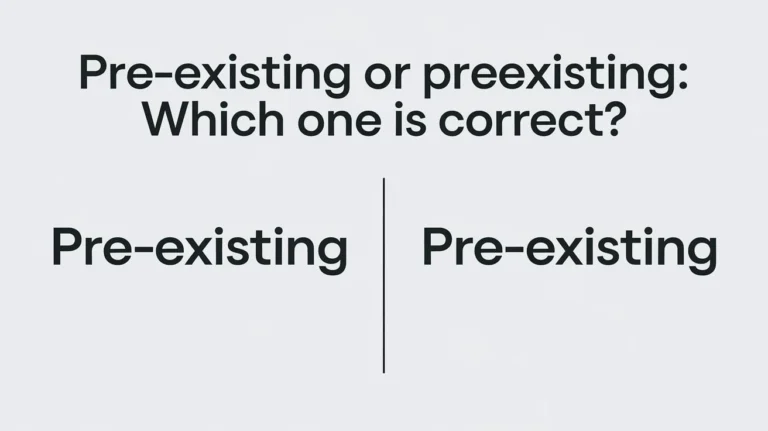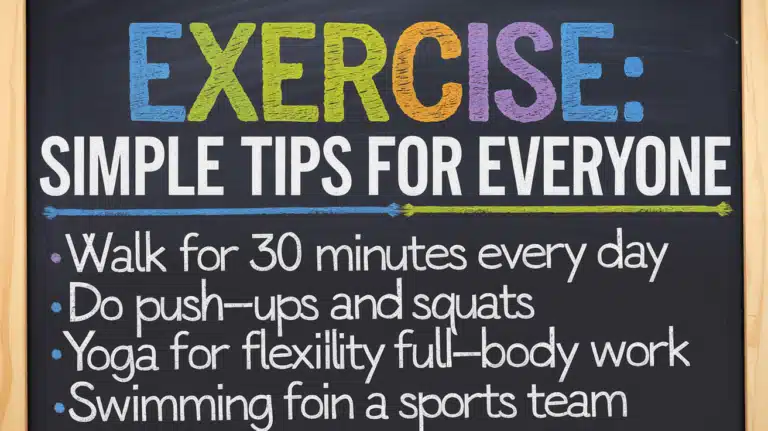Accomodation or Accommodation: A Guide to Correct Spelling
When navigating the intricacies of the English language, spelling variations often cause confusion. One of the most common challenges is distinguishing between “accomodation” and “accommodation”. This guide dives deep into the correct spelling, its usage, and why it matters in both professional and everyday writing. Let’s explore this linguistic puzzle to ensure your writing remains accurate and polished.
Why Correct Spelling Matters
Correct spelling is the foundation of clear communication. It influences how others perceive your message and impacts your credibility. Here’s why getting it right is essential:
- Professionalism: Spelling mistakes can undermine trust in professional settings. Imagine a travel website advertising “accomodation options” instead of “accommodation options.” It could confuse or deter potential customers.
- Clarity: Misspelled words often lead to misunderstandings, especially in global communication where English is a second language for many.
- Search Engine Optimization (SEO): Accurate spelling is critical for digital content. Typos or incorrect spellings can affect your website’s visibility and ranking in search engines.
Understanding ‘Accommodation’ vs. ‘Accomodation’
Etymology and Origins
The word “accommodation” derives from the Latin word accommodare, meaning “to make fit or suitable.” The double “c” and “m” stem from the original Latin structure, which has been preserved in modern English spelling.
Read More About : Spelling “Exercise” Correctly: Simple Tips for Everyone
Why Double Letters?
The double “c” and “m” in “accommodation” reflect linguistic accuracy. They help maintain proper pronunciation and distinguish it from similar words.
Spelling Trends Over Time
The incorrect spelling “accomodation” has gained visibility due to typographical errors and regional variations in English learning. However, “accommodation” remains the global standard spelling recognized universally.
The Correct Spelling: ‘Accommodation’
“Accommodation” is the accepted spelling for this term, and its usage spans multiple contexts:
| Field | Usage Example |
|---|---|
| Travel and Hospitality | “We need to book comfortable accommodation options for our trip.” |
| Business | “The company provided accommodation during the conference.” |
| Accessibility | “The school ensured necessary accommodation for students with disabilities.” |
Its consistent usage in professional writing ensures clarity and prevents ambiguity.
Common Misspelling: ‘Accomodation’
Why This Misspelling Happens
Several factors contribute to the prevalence of “accomodation”:
- Simplification: English learners often simplify spelling, omitting double letters.
- Typographical Errors: Fast typing or lack of proofreading results in frequent errors.
- Language Subtleties: The nuances of English spelling rules can confuse even native speakers.
How to Recognize and Correct This Error
To avoid spelling mistakes:
- Use spell-check tools like Grammarly or built-in word processors.
- Memorize mnemonic aids, such as: “Two Couches and Two Mattresses in Accommodation.”
- Practice writing sentences with the word in context:
- Correct: “The resort offered excellent accommodation options near the beach.”
- Incorrect: “The resort offered excellent accomodation options near the beach.”
Practical Tips to Remember the Correct Spelling
Mnemonics and Memory Aids
- “Double C, Double M”: Visualize the word as doubling two key letters for emphasis.
- Create associations: “Accommodation is like a cozy room with two pillows (C & M).”
Leveraging Tools and Technology
- Enable grammar and spelling checks in apps like Microsoft Word or Google Docs.
- Use educational resources like Merriam-Webster or Oxford Learner’s Dictionary.
Usage Examples and Variations
Correct Usage in Context
- Formal Example: “Our university offers on-campus accommodation for all students.”
- Informal Example: “Let’s find an affordable place to stay for the weekend.”
Incorrect Usage Examples
- “The accomodation was too small for our group.”
- “We struggled to locate suitable lodging arrangements.”
Regional Spelling Preferences
“Accommodation” remains the standard spelling in both British and American English, making it universally understood and accepted.
Frequently Asked Questions
Is “accomodation” ever considered correct in any context?
No, “accomodation” is an incorrect spelling in all forms of English. It should always be written as “accommodation.”
Why does “accommodation” have double letters?
The double “c” and “m” are rooted in its Latin origin, preserving linguistic accuracy and proper pronunciation.
Are there any words similar to “accommodation” prone to misspelling?
Yes, words like “recommendation,” “committee,” and “necessary” often trip people up due to similar double letters.
What are the best ways to teach children this spelling?
- Use rhymes or songs emphasizing “double C, double M.”
- Practice writing illustrative examples in creative sentences.
How can non-native English speakers master this spelling?
- Focus on English language intricacies through regular practice.
- Use professional writing services for feedback and improvement.
Conclusion: Mastering ‘Accommodation’
Spelling matters more than ever in today’s fast-paced, digital world. Missteps like “accomodation” can hurt your credibility, whether in professional writing or casual communication. By understanding the correct spelling, practicing with examples, and leveraging modern tools, you can ensure linguistic accuracy every time.
Master the global standard spelling, refine your writing clarity, and bridge the gap between common errors and polished communication.







